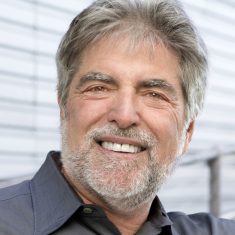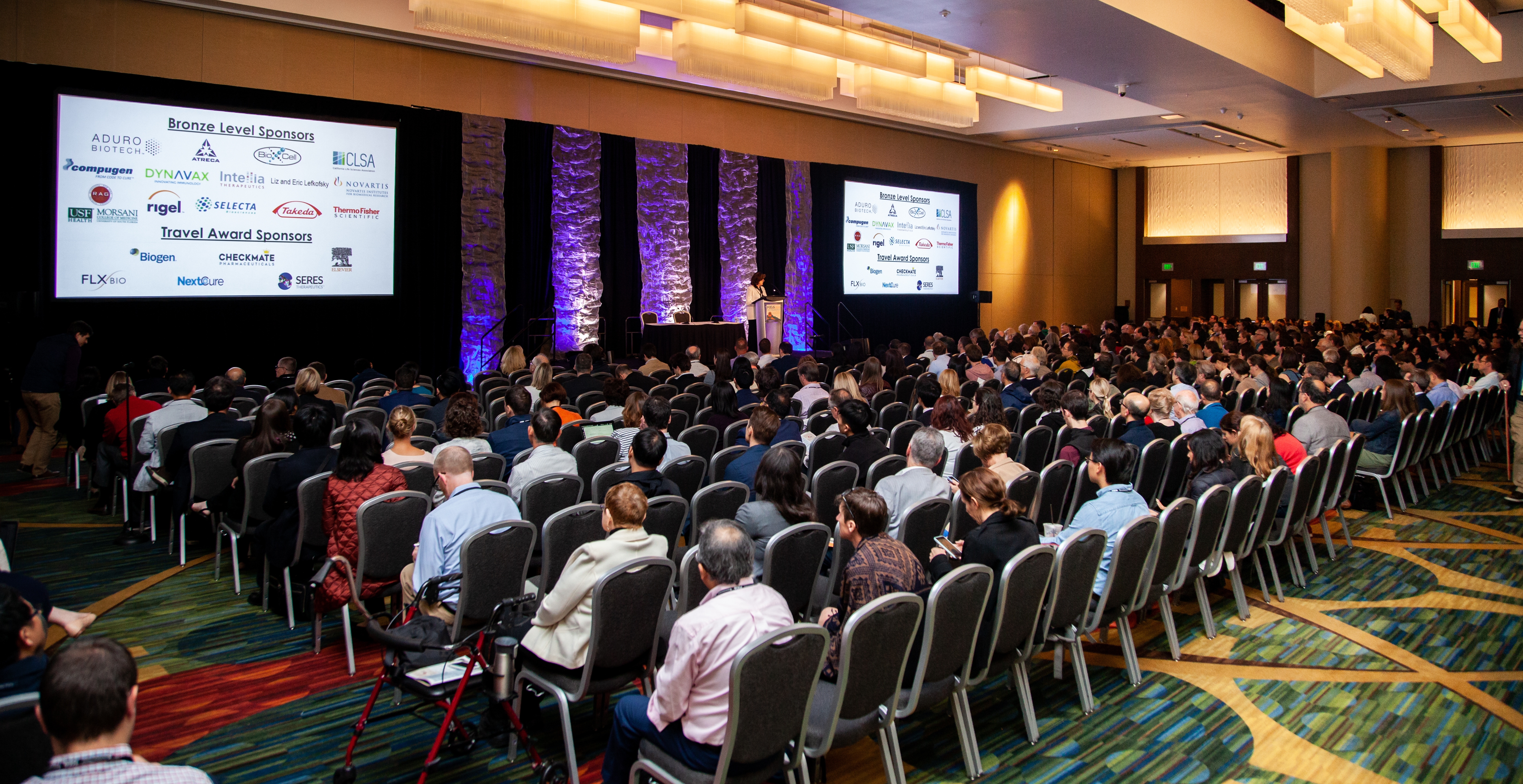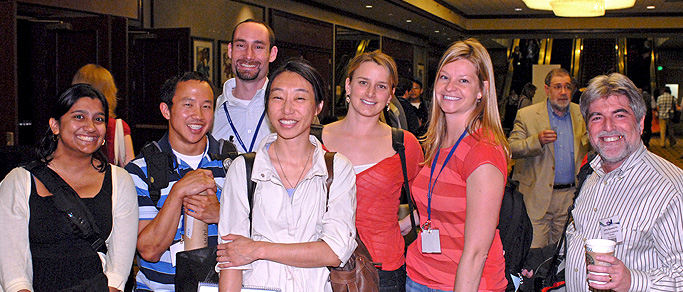1. What attracted you to the field of immunology?
I was in graduate school as a master’s student at Rutgers University. I was working on virology, studying a small polio-like virus, mengovirus, trying to understand the molecular characteristics of the virus. It was a very restricted study, which, believe it or not, was limited to determining the number of adenines in the PolyA tail of mengovirus.
But one summer, I did an internship at Sloan Kettering Institute (SKI) in New York, and became very excited about the opportunity to use the immune system to attack cancer. SKI was embarking on some of the earliest cancer immunology efforts in the field. Dr. Bob Good, a pioneer in T cell and B cell biology, was running the institute, and had done some incredible work in Immune oncology. Although the systems were very complex, I was convinced that the immune system would have enormous impact, not only on cancer but on many other diseases. I decided to leave Rutgers and join the Sloan Kettering Division of Cornell Medical School to complete my PhD.
2. After you received your PhD in Immunology from Cornell University, how did you decide to do your postdoctoral fellowship at the National Cancer Institute at the NIH?
Although I very much enjoyed my research in cancer immunology at SKI, I found the field very complex and lacking important insights that could allow for in depth understanding of mechanism. We knew little about the molecular basis of cancer, the antigenic differences from normal cells and many insights that we now take for granted including genome sequencing, oncogenesis, and when and where tumors develop in humans was missing.Most importantly, we knew little about the tumor micro-environment and how it influenced immune response.
Therefore, I decided to step back to learn more about the fundamental principles of the immune system and how it recognizes/distinguishes foreign from self and maintains tolerance. I applied to a number of laboratories at the NIH, and ended up joining the lab of Dr. David Sachs, a leader in transplant immunology. It was a great way to start my independent career, concentrating on understanding the fundamentals of T cell recognition in a controlled environment -allotransplantation – where timing, pathways and underlying immune principles were more mature.
3. You worked at the NIH for six years before becoming an Associate Professor at the University of Chicago. What motivated you to make this move?
Like every young faculty member, I was very fortunate to have great mentorship and to learn a tremendous amount at the NIH – not just from David, but from many colleagues at the NIH. The NIH was an extraordinary institution in the 80’s, with great scientists across-the-board in immunology. However, the NIH had limited resources for growth. I’ll admit, I was ambitious and wanted to broaden my research, get back into cancer and autoimmunity and see if I could make a difference on a larger canvas with more mentoring of students, both grad students and post-docs.
The University of Chicago was such an opportunity. Dr. Frank Fitch, an incredible colleague and mentor, was building something special at the university. There was exceptional research through the biological sciences division and he and others were committed to building an enhanced immunology program. The University of Chicago had a fantastic cohort of scientists, so I had an opportunity to expand my thinking and expand my science.
In the first 5 years after my recruitment, we brought in incredible people like Dr. Craig Thompson, Dr. Jeff Leiden, and others. Moving to the Ben May Institute for Cancer Immunotherapy provided a fertile environment for me to get back into the cancer field both as a member and eventually as Director of the Ben May after Frank stepped down.
The move proved incredible for the lab research. We would able to make contributions into the discovery of early principles of T cell co-stimulation, the identification of CTLA-4 as a checkpoint regulator and the field of regulatory T cells. At the same time, the University allowed me to establish several translational programs including an Islet Transplant Center, and robust translational programs in organ transplantation and autoimmunity. Most importantly, I was fortunate to become the founding Director of the Immune Tolerance Network, an amazing organization, bridging the immune fields of Allergy & Asthma, Transplantation and Autoimmunity.



